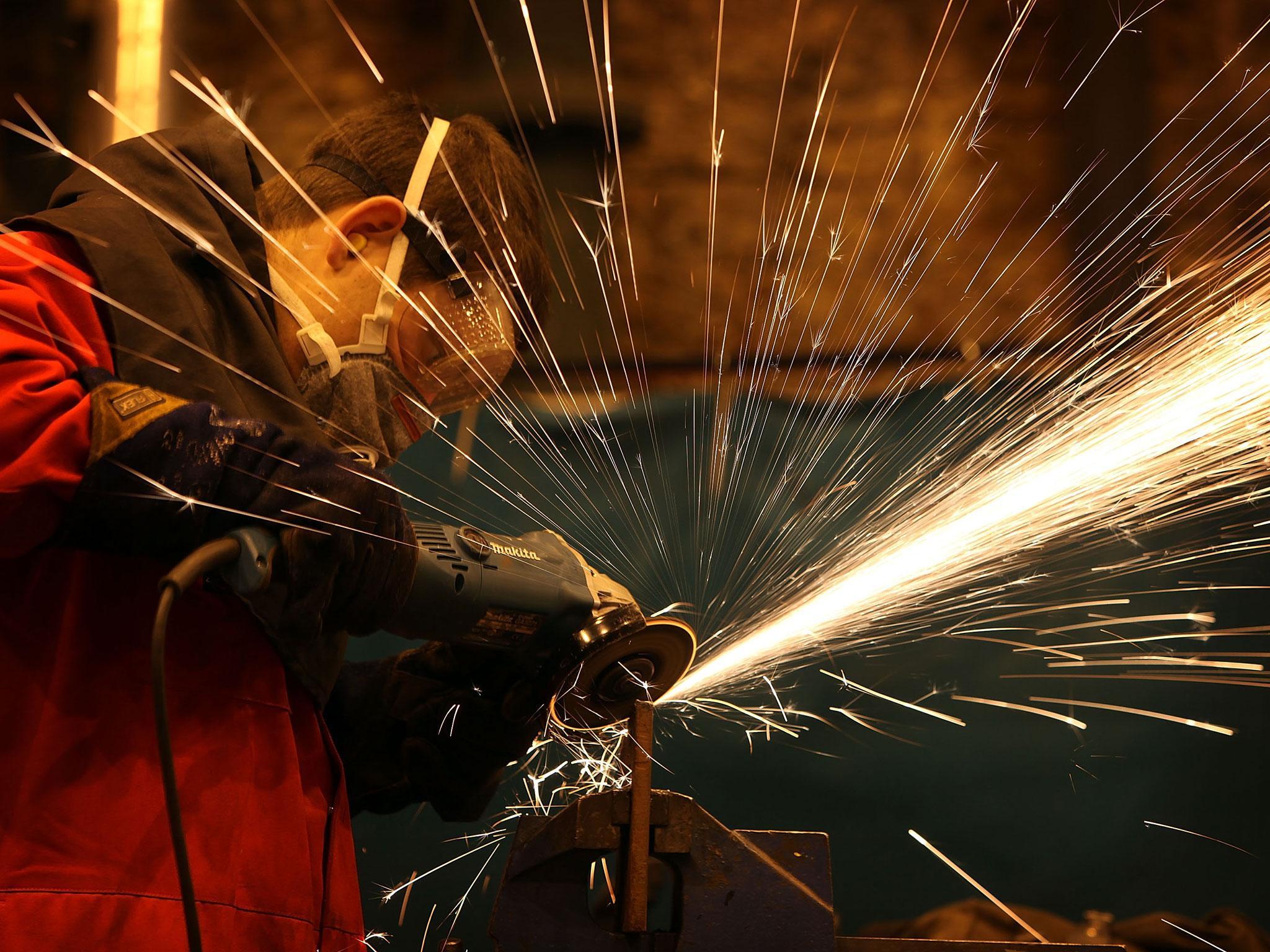Why is the UK so ‘snobby’ about technical education?
Analysis: If vocational courses are really to be made attractive to students, we need more than rhetoric about their qualities, says Eleanor Busby


An attempt to widen the educational opportunities for young people appears to have fallen flat.
One year has passed since a legal requirement was introduced forcing schools to ensure that local colleges and companies have access to students from year 8 onwards to discuss technical courses and careers.
But the latest research from the Institute for Public Policy Research (IPPR) suggests that almost two-thirds of schools have ignored this duty despite the government’s push towards technical education.
This is a blow to ministers, who are keen to boost the numbers of students taking up apprenticeships and other technical qualifications, rather than pursuing more academic courses.
The UK’s productivity challenges, and the skills shortage across various sectors of the economy, are collectively the key motivator for this drive; but there is a lot at stake for individuals too if things do not change within the sector.
Many students could miss out on the opportunity to thrive in the workplace, potentially without the debt of university hanging over them, if they are not given information about alternative routes.
And it is not only a lack of information that is stifling some schoolchildren’s chances. A negative perception that technical education is second best is limiting opportunities for young people.
In the latest study, a number of providers raised concerns that they were only being given access to students who performed less well in academic subjects and those which “schools did not want”.
Education secretary Damian Hinds last month called on the nation to drop the “snobby” attitude to technical education when he announced that students taking the government’s flagship technical qualifications, T-levels, would be given the same Ucas points as students doing three A-levels.
However, it will take more than rhetoric to address the problem. Budget pressures are making it much harder for schools to provide pupils with advice and guidance on careers and training. Not to mention the fact that the government’s accountability measures still heavily focus on exam results.
Cash-strapped schools, which are funded per pupil, will also be reluctant to give up students to providers in the further education sector after the age of 16 as they need the income – especially in sixth form.
The more good information that can be given to students earlier on, not just in year 11, the better. It is important that technical courses are not simply seen as the route for teenagers who do not perform as well in their GCSEs. Otherwise they will always be seen as a second choice.
Join our commenting forum
Join thought-provoking conversations, follow other Independent readers and see their replies
0Comments